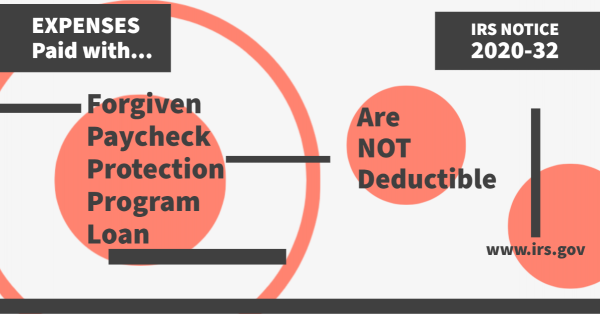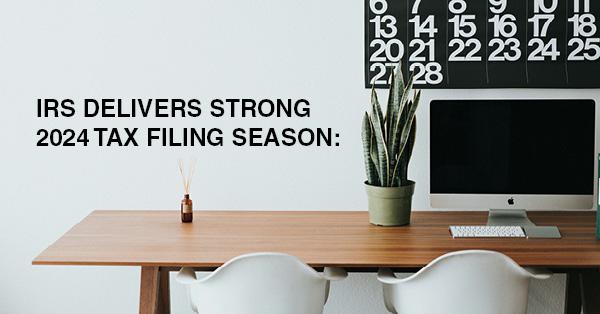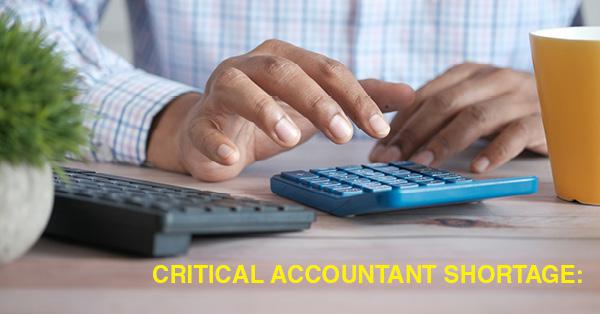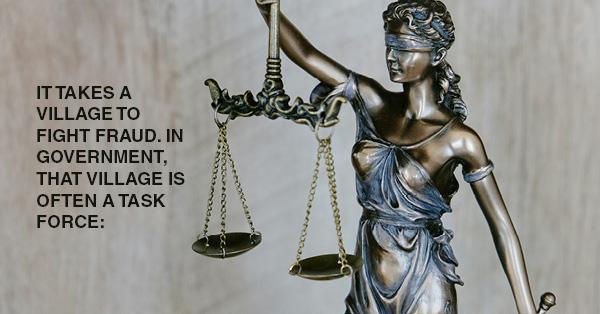Expenses Paid with Forgiven Paycheck Protection Program Loan Not Deductible

In Notice 2020-32, the IRS has clarified that no deduction is allowed for an expense that is otherwise deductible if both:
- the payment of the expense results in forgiveness of a loan made under the Paycheck Protection Program, and
- the income associated with the forgiveness is excluded from gross income pursuant to Coronavirus Aid, Relief, and Economic Security Act.
Under Act Sec. 1106(b), a recipient of a covered loan can receive forgiveness of indebtedness on the loan (covered loan forgiveness) in an amount equal to the sum of payments made for the following expenses during the 8-week "covered period" beginning on the covered loan's origination date (each, an "eligible section 1106 expense"):
- payroll costs,
- any payment of interest on any covered mortgage obligation,
- any payment on any covered rent obligation, or
- any covered utility payment.
In general, Code Sec. 162 provides for a deduction for all ordinary and necessary expenses paid or incurred during the taxable year in carrying on any trade or business. Covered rent obligations, covered utility payments, and payroll costs consisting of wages and benefits paid to employees comprise typical trade or business expenses for which a deduction under Code Sec. 162 generally is appropriate. Code Sec. 163(a) provides a deduction for certain interest paid or accrued during the taxable year on indebtedness, including interest paid or incurred on a mortgage obligation of a trade or business.
Eligible section 1106 expense not deductible. The Notice says that, to the extent that Act Sec. 1106(i) operates to exclude from gross income the amount of a covered loan forgiven under Act Sec. 1106(b), the application of Act Sec. 1106(i) results in a "class of exempt income" under Reg. §1.265-1(b)(1).
Accordingly, Code Sec. 265(a)(1) disallows any otherwise allowable deduction under any provision of the Code, including Code Sec. 162 and Code Sec. 163, for the amount of any payment of an eligible section 1106 expense to the extent of the resulting covered loan forgiveness because such payment is allocable to tax-exempt income. Consistent with the purpose of Code Sec. 265, the Notice says that this treatment prevents a double tax benefit.
Follow-up note from the Editor: The AICPA has strongly voiced their opposition to the IRS position on the deductibility of the expenses paid by PPPL funds. Following is from an article in the May 4, 2020 issue of the Journal of Accountancy:
AICPA position
The CARES Act itself does not address whether deductions otherwise allowable under the Code for payments of eligible Section 1106 expenses by a recipient of a covered loan are allowed if the covered loan is subsequently forgiven as a result of the payment of those expenses.
The AICPA believes strongly that the IRS’s interpretation denying deductions of expenses forgiven under the PPP program is contrary to Congress’s intent. Chris Hesse, CPA, chair of the AICPA Tax Executive Committee, said: “In effect, the IRS guidance means that the taxability provision [Section 1106(i)] has no meaning. Why waste the ink to say that for purposes of the Code, the loan forgiveness is not includible in income, if the government will just take away deductions in the same amount?”
Because it believes the intent of the CARES Act was to allow businesses to deduct all of their ordinary and necessary expenses — including any expenses used in determining PPP covered costs — the AICPA plans to seek legislative clarification. “We’re hopeful that we’ll see movement on the legislative front early next week,” according to Edward Karl, CPA, AICPA vice president–Tax Policy & Advocacy.




